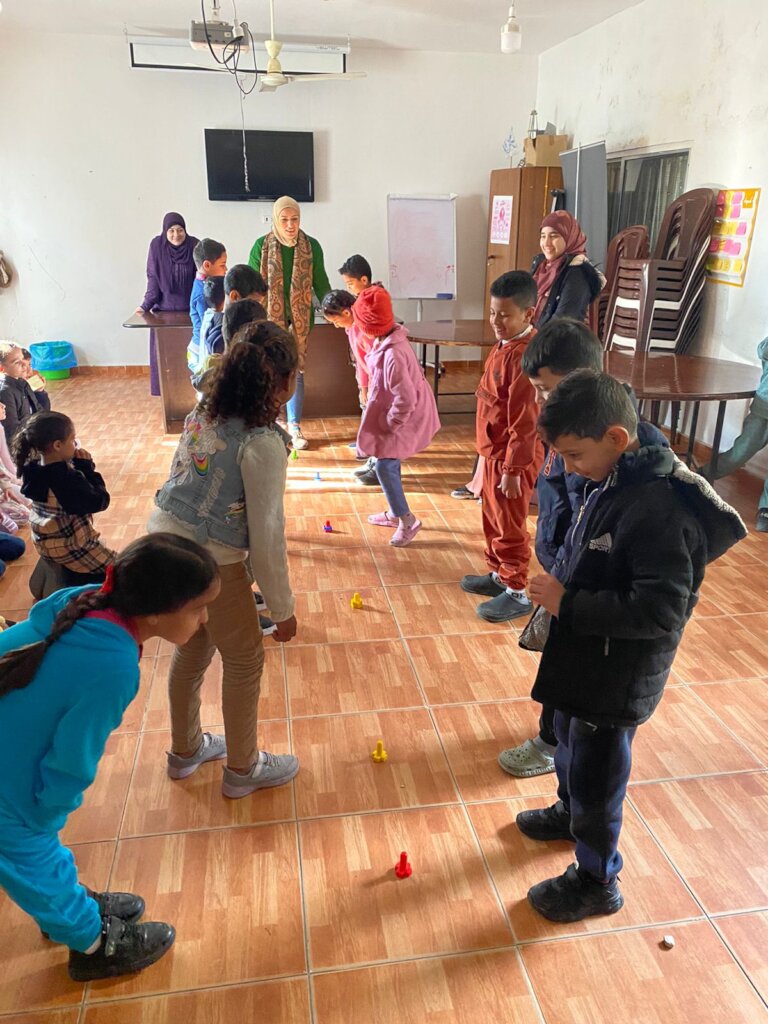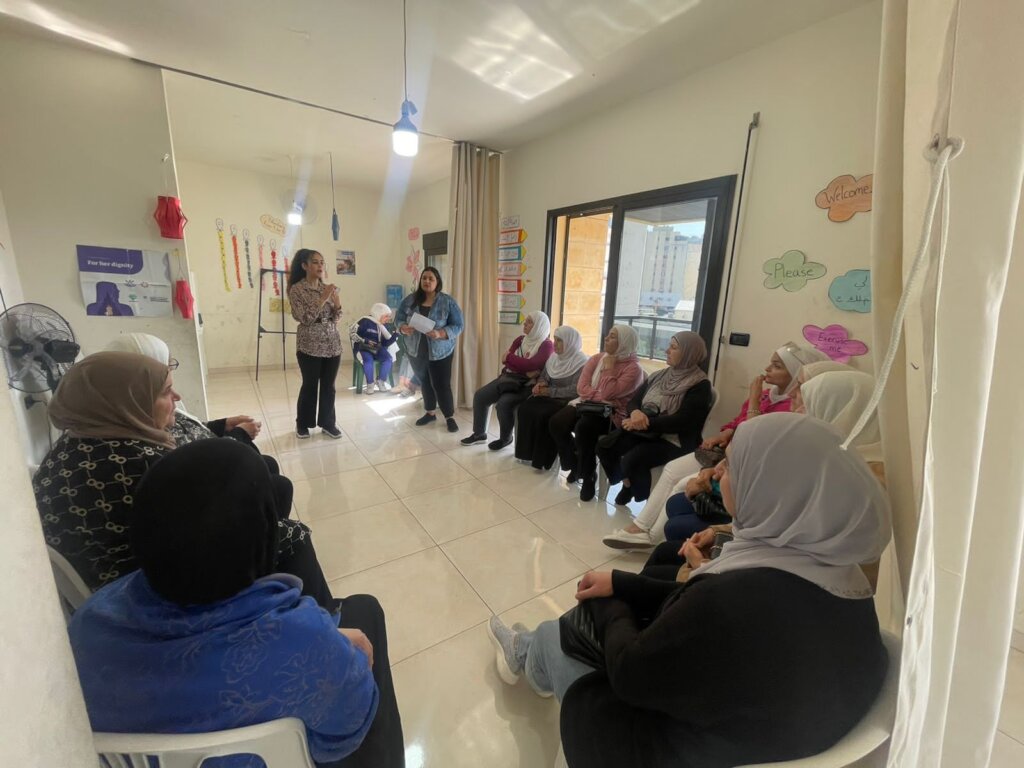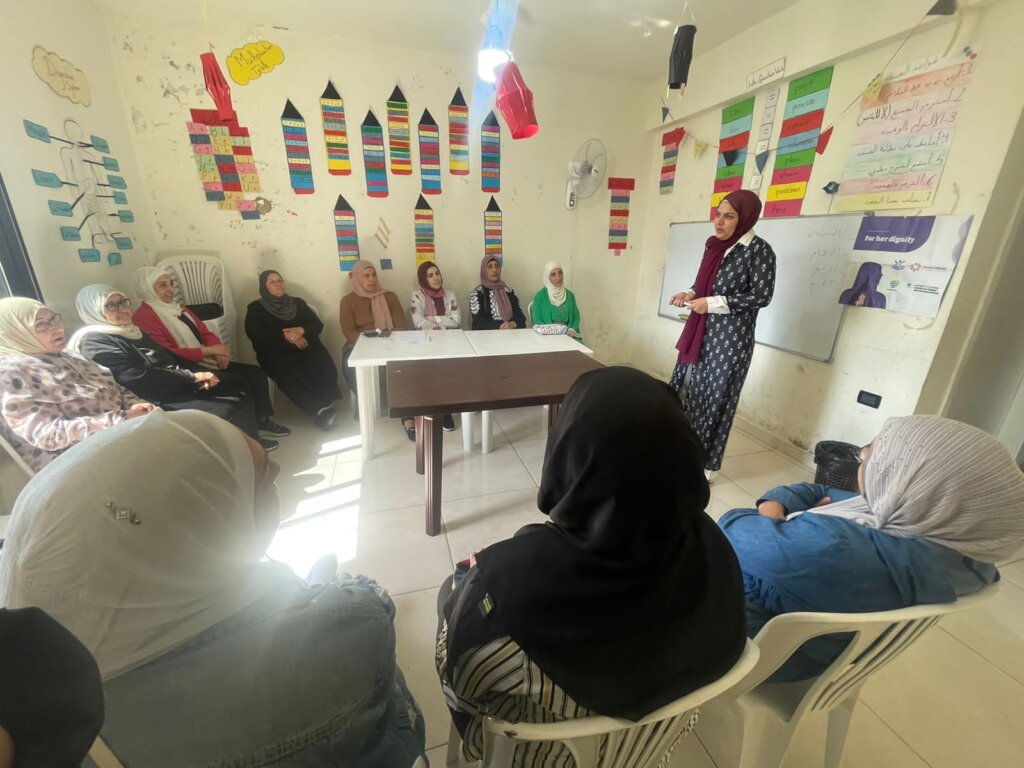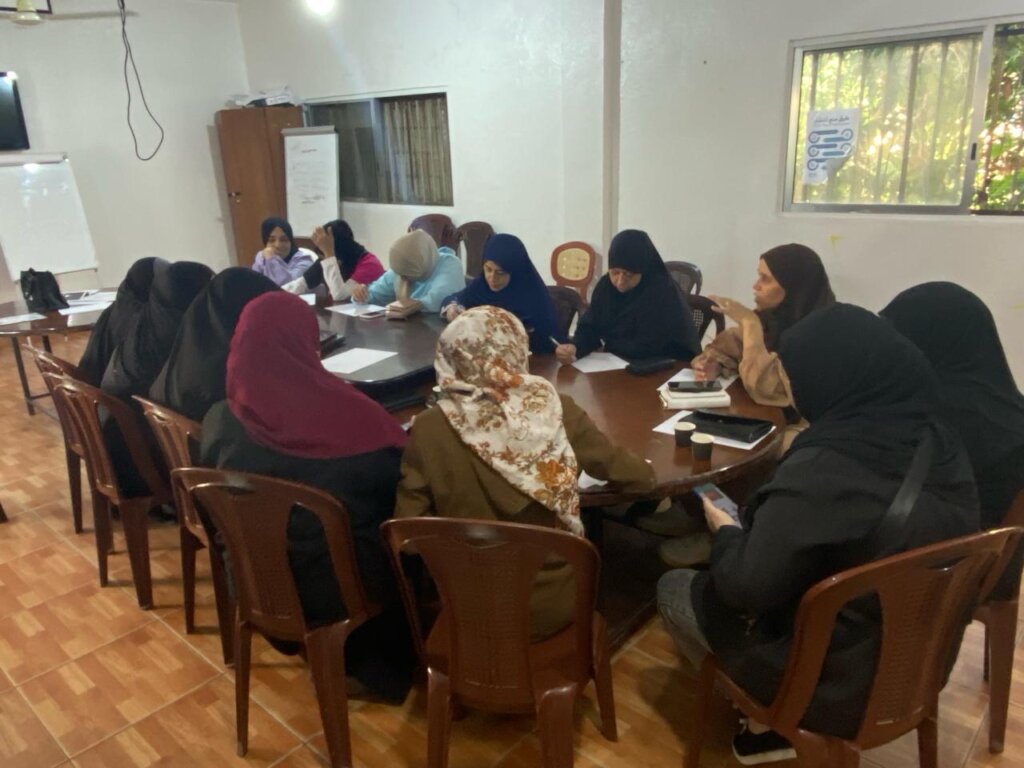By Hiba Hamzi | Program Coordinator
Introduction;
The situation in Lebanon over the past three years has been marked by a significant increase in gender-based violence, especially during the COVID-19 pandemic. Reports from the Internal Security Forces (ISF) indicate a 241% increase in domestic violence cases. Women and girls, particularly in Lebanese and Syrian communities, have expressed feeling less safe both at home and in their communities. The economic crisis and prolonged refugee situation have exacerbated this violence.
Our proposed intervention strategically addresses these challenges through targeted initiatives that align vocational training with local market demands, enhancing employability for women and girls. We are expanding vocational training to include women of all ages, particularly those over 30, addressing identified age-related barriers. The intervention also advocates for fair labor practices, raising awareness among employers about equitable treatment and equal opportunities.
Furthermore, the complex social dynamics in Saida, marked by the presence of diverse communities including local residents and refugees, necessitate a robust focus on mediation and social cohesion. Our project includes a dedicated component for community dialogues, conflict resolution workshops, and training in mediation skills. This approach is aimed at reducing tensions, fostering mutual understanding, and encouraging peaceful coexistence among different groups.
Main Achievements;
The project worked on empowering and uplift communities in Saida, with a particular focus on Lebanese, Syrian, and Palestinian women, by enhancing their economic, social, and personal capacities.
This comprehensive project aims to improve employability and income generation through vocational training and apprenticeships, while also developing essential life skills for navigating various challenges. Central to the project is the restoration of tools lost due to socio-economic deterioration, specifically aimed at bolstering women's active economic participation. Additionally, the project seeks to strengthen resilience and social cohesion among community members through targeted mediation efforts, fostering a harmonious environment for Lebanese, Syrian, and Palestinian women.
An integral component of this initiative involves effective community engagement, facilitated by the establishment of women-led committees in Saida. These committees will not only advocate for women's rights but also enhance overall community involvement through advocacy, participatory rapid assessment, and collaborative efforts to address common problems. The overarching goal is to create a sustainable, inclusive, and resilient community, where women are key drivers of positive change and development, supported by strong networks of communication and mediation.
Result 1: Vocational training programs successfully completed by 200 Syrian, Lebanese, and Palestinian women, equipping them with skills relevant to the current labor market, thereby enhancing their employability and enabling them to secure better livelihood opportunities.
Result 2: Completion of life skills training workshops by job seekers, leading to improved competencies in communication, problem-solving, and financial literacy, thereby increasing their competitiveness in the employment market.
Result 3: Provision of essential tools and business knowledge to female-headed households, facilitating the growth and sustainability of their businesses in the face of socio-economic challenges.
Result 4: Execution of community awareness campaigns that successfully promote fair treatment and equal opportunities in the workplace for Lebanese and Syrian women, focusing on eliminating discrimination based on age, gender, marital status, or nationality.
Result 5: Establishment and operationalization of women-led committees in Saida that actively engage in community mediation, advocacy for women's rights, and participate in rapid assessments to address communal challenges effectively.
Result 6: Direct outreach to 150 female-headed households by women-led committees, culminating in the distribution of food kits, thereby providing immediate support and strengthening the community support network.
Case Study;
Links:
Project reports on GlobalGiving are posted directly to globalgiving.org by Project Leaders as they are completed, generally every 3-4 months. To protect the integrity of these documents, GlobalGiving does not alter them; therefore you may find some language or formatting issues.
If you donate to this project or have donated to this project, you can receive an email when this project posts a report. You can also subscribe for reports without donating.
Support this important cause by creating a personalized fundraising page.
Start a Fundraiser


